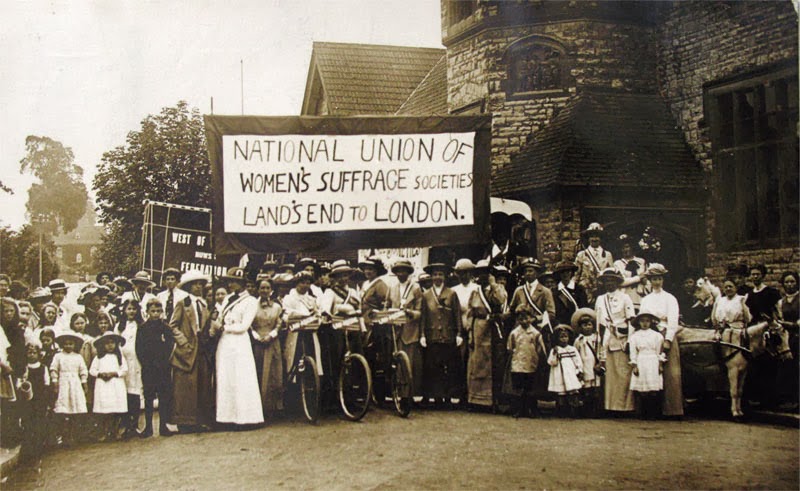Warning: I am invoking the Howard Cosell rule.
Today I'm too upset to talk about much of anything.
By now, you've heard about the leaked draft, written by Justice Samuel Alito, of the Supreme Court's opinion that would overturn Roe v. Wade.
Of course, that doesn't mean the law has been struck down--at least, not yet. But, according to the draft, Justice Clarence Thomas as well as all of Donald Trump's appointees--Justices Amy Coney Barrett, Brett Kavanaugh and Neil Gorsuch--had already voted to overturn the 1973 ruling that the US Constitution's Fourteenth Amendment's Due Process Clause provides a "right to privacy" that protects a pregnant woman's right to choose whether or not she wants to give birth.
Alito based his argument, in part, on the fact that abortion isn't mentioned anywhere in the Constitution. Of course, any number of right-wing politicians and their supporters--who include those who are waiting, with bated breath, for Alito's opinion to become an actual ruling--have also tried to strike down the Affordable Care Act because the right to health care isn't guaranteed in the Constitution. Now, I'm not a Constitutional scholar and my mind may not be suited for jurisprudence, but to me, such arguments sound a bit like saying that French pastry chefs shouldn't make a mille feuille with passion fruit, mango and coconut cream because such ingredients weren't available to Francois Pierre La Varenne when he wrote Le Parfait Confiturier during the reign of Louis XIV. Or, perhaps, saying in essence that we shouldn't guarantee the right to something that isn't in the Constitution is like saying that money shouldn't be set aside for bike lanes and education because bicycles and cyclists aren't mentioned in a city's or state's traffic statutes.
I realize that some of you may feel differently about abortion rights than I do. And, some of you may wonder why I, who never have been and will be pregnant, should care about abortion rights. Well, for one thing, you might say that undergoing my gender affirmation made me into something of a feminist, if I wasn't already one. But more important, if a government tells a woman or girl that she absolutely must, under penalty of law, carry a pregnancy to term, even if it resulted from rape, incest or other actions not of her choosing, what else can that same government tell us to do--or not do--with our bodies? Would I have been able to get the therapy, take the hormones and undergo the surgical procedures that enabled my gender affirmation (and undid some of the damage from decades of living "in the closet?" Will someone be forced to undergo treatments or procedures--think chemo for advanced cancer patients--against their wishes, even if refusing such procedures or treatments will harm no one else?
Oh, and if a government can tell people what they can and can't do with their bodies, it will also more than likely have the power to rigidly enforce the traditional gender binary and to say what men and boys or women and girls can or can't do. I can't help but to think that overturning Roe vs. Wade will also make it easier to overturn laws allowing same-sex marriage--and allow laws like the ones in Texas that criminally charge parents who seek gender-affirming treatment for their children.
Finally, I think of the time I worked with children, in camps, a hospital and in workshops I conducted as a writer-in-residence in New York City schools. While I did whatever I could to nurture the kids in my charge for as long as they were with me, I couldn't help but to think that some of their parents simply shouldn't have been parents. That is not to say, of course, that the children shouldn't have been born. I simply think that, whatever one believes about abortion, there are few worse tragedies than a child born unwanted, who will never be loved or cared for properly. The worst part is that such kids know who they are and too many never recover from such knowledge.
I am scared shitless. I am fucking scared shitless. I don't know how else to say it.














